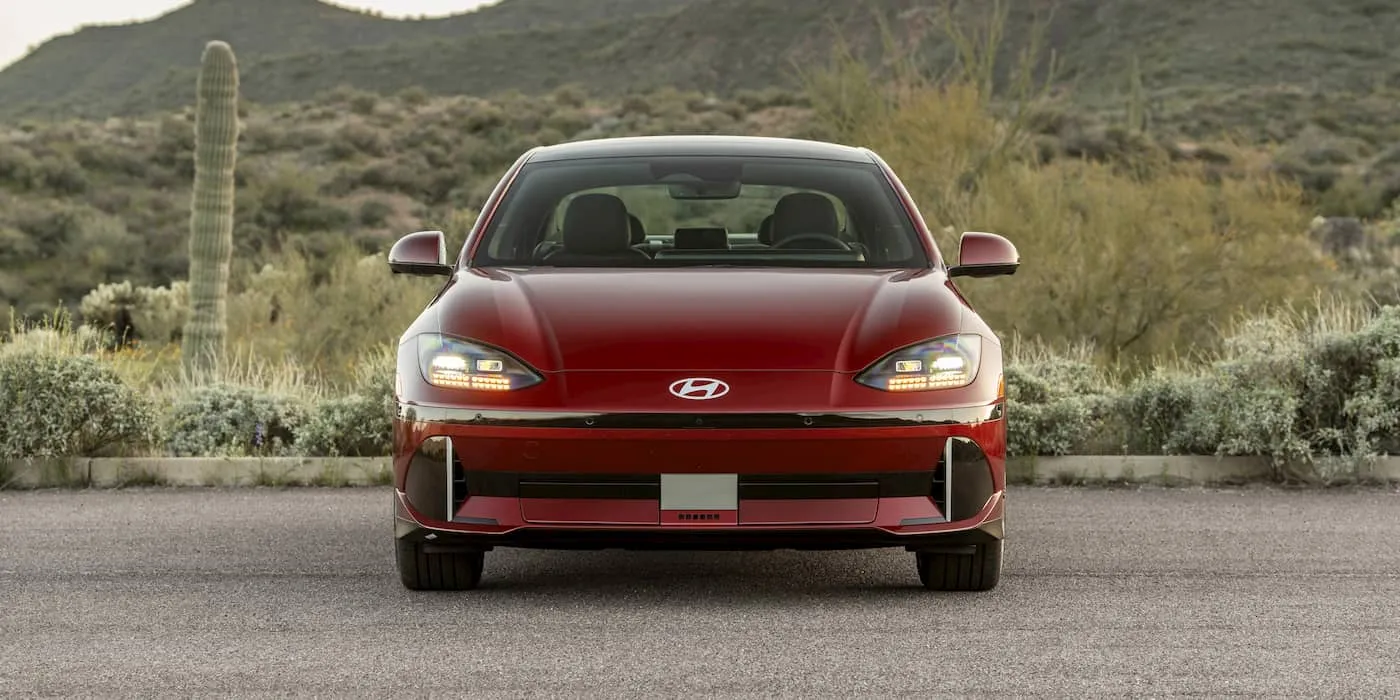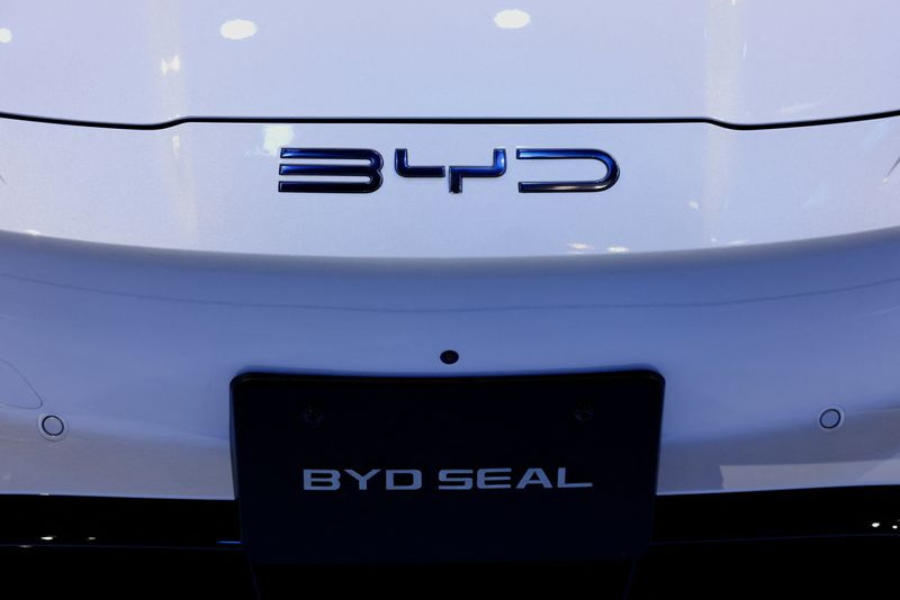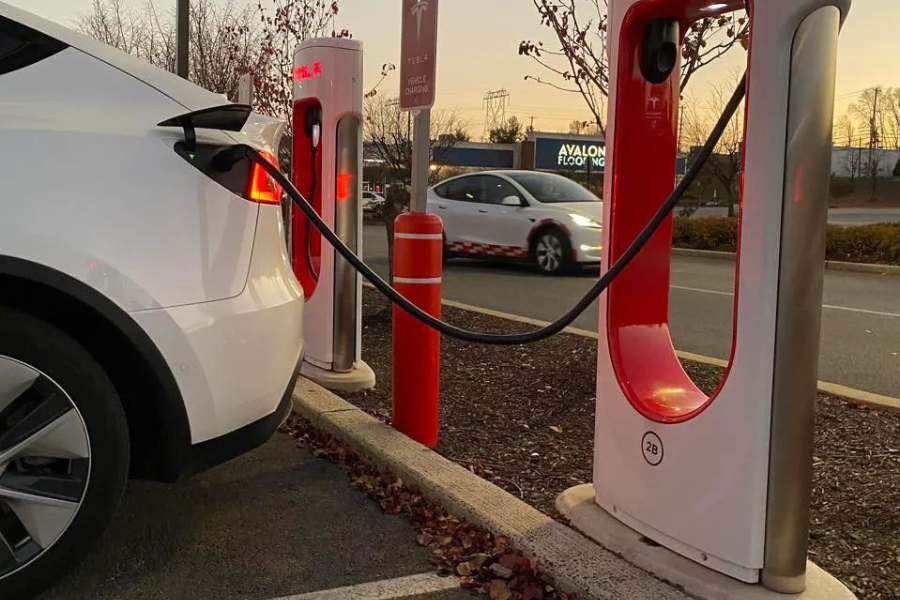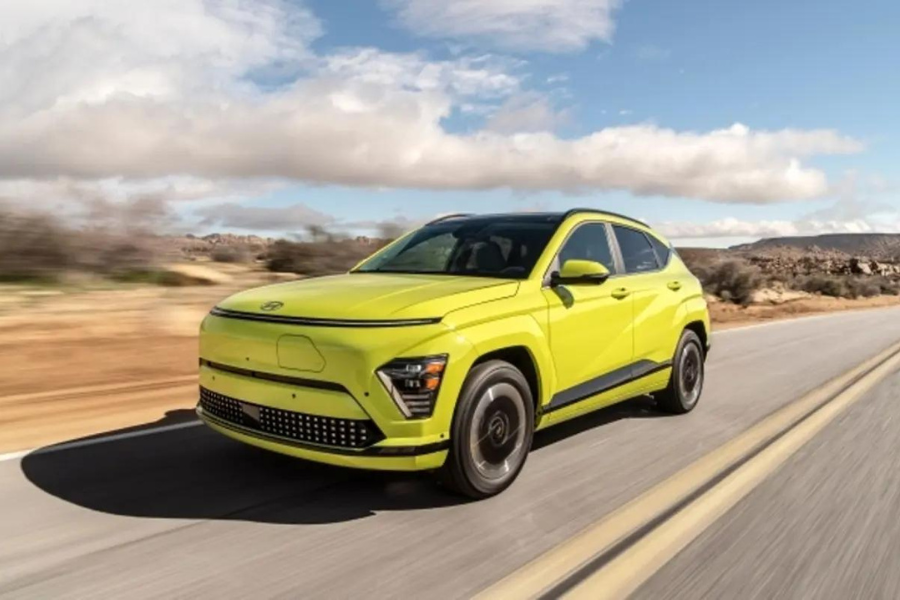Deciding when to purchase an electric vehicle (EV) can be challenging due to the Osborne Effect, which suggests there might be better times than now. In 2023, more than 87,000 individuals faced the dilemma of choosing an EV,
with Tesla and BYD being the preferred brands, selling 46,000 and 12,000 vehicles, respectively. These brands’ popularity stems from their dominance in the market and the exhilarating experience of driving an EV.
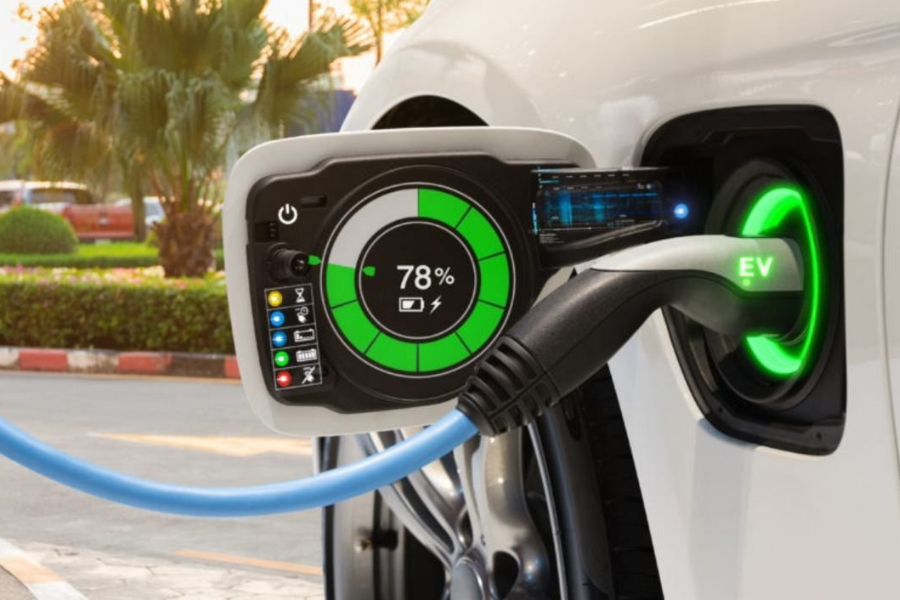
Despite the thrill of driving EVs with their silent acceleration and rapid speeds, a significant concern arises regarding future advancements. Investing in an EV now may result in it being overshadowed by superior models shortly, diminishing the sense of satisfaction.
This situation parallels the smartphone market in 2011, where purchasing a cutting-edge phone led to rapid obsolescence with the release of newer models.
Termed the Osborne Effect, this phenomenon discourages consumers from buying when they know impending advancements. Although technology evolves swiftly, replacing cars is more intricate and expensive, unlike smartphones.
The Osborne Effect’s impact diminishes as products stabilize, but this stabilization may take longer in the automotive sector.
The latest Hyundai Ioniq, capable of an 80% charge in just 18 minutes, exemplifies the ongoing improvements in EV technology. Notably, Toyota is working on solid-state batteries promising an 80% charge in ten minutes and a range of around 1000km.
These developments indicate that current EVs may need to be updated sooner.
Considering the imminent changes, some may contemplate purchasing a petrol car or a hybrid. However, EVs present a unique advantage concerning resale value. As the market shifts towards EVs, the resale value of traditional petrol, diesel, and hybrid vehicles becomes uncertain. In the next decade,
second-hand petrol cars might need help attracting buyers due to evolving consumer preferences, potential policy changes, and advancements in EV technology.
Therefore, a compelling reason to buy an EV now is the anticipation that second-hand EVs will be scarce and highly sought after.
As the market transitions away from traditional vehicles, the resale value of petrol cars may decline, making EVs a more appealing choice for long-term investment. While the decision to purchase a new vehicle is complex, the rarity of second-hand EVs in the coming years adds a unique dimension to the consideration.

